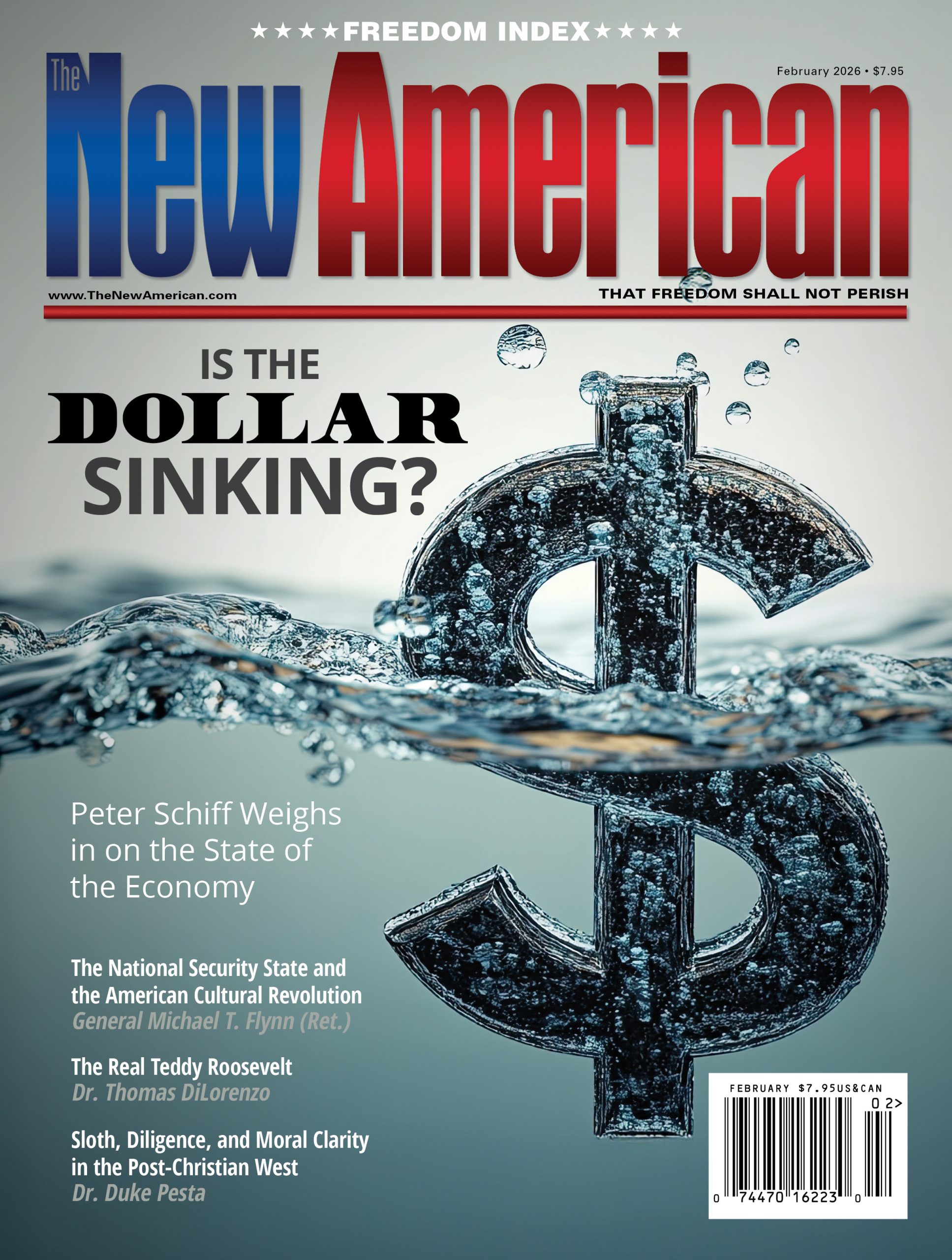
Democracy — That Word Does Not Mean What You Think it Means
Legendary actor, comedian, and filmmaker Rob Reiner popped onto Twitter on Friday, January 15 to educate Americans about their form of government and what he perceives as the need to prosecute President Trump.
Tweeting from his iPhone, Reiner wrote:
“If Donald Trump is not held accountable for his crimes, we can not say we are a Nation of Laws and that No Man is Above the Law. We can not say we are a Democracy.”
He might also have mentioned, but didn’t, that Americans are innocent until proven guilty. That, however, is something that leftist-progressive cancel culture abhors.
Most dangerously, however, is Reiner’s apparent belief that we can only be a democracy if Donald Trump is punished.
The trouble is, the United States is not now a democracy, never was a democracy, and should never be a democracy.
The left side of the political spectrum, especially including the media, entertainment, and education sectors, have spared no effort over many decades working to convince people that America is, in fact, a democracy. They have been so successful at this that most Americans take it as unassailable fact, or even a truism: America is virtually synonymous with democracy in the minds of most people.
That would be a surprise to the Founders who drafted the Constitution and created the federal government, who explicitly rejected Democracy in their effort to set up a republic.
James Madison was the chief architect of the Constitution and a major player in its adoption. He was especially concerned about the threat posed by factions, those groups who may, through their numerical superiority in a democracy, choose to oppress a disfavored minority.
Writing in The Federalist, Number 10, Madison warned of the danger of majority factions in a democracy and noted that it was this threat that the effort to craft a constitution was intended to eliminate.
“When a majority is included in a faction,” Madison wrote, “the form of popular government … enables it to sacrifice to its ruling passion or interest, both the public good and the rights of other citizens. To secure the public good, and private rights against the danger of such a faction, and at the same time to preserve the spirit and the form of popular government, is then the great object to which our enquiries are directed.”
It is essential, then, to avoid democracy, lest the nation succumb to the tyranny of the majority.
How might this be accomplished? Madison asked. He concluded that there were only two avenues: “Either the existence of the same passion or interest in a majority at the same time, must be prevented; or the majority, having such co-existent passion or interest, must be rendered, by their number and local situation, unable to concert and carry into effect schemes of oppression.”
In one of the most famous passages in The Federalist, Number 10, lest anyone think him unclear, Madison directly identified democracy as the path to tyranny, oppression, and suffering:
It may be concluded that a pure democracy … can admit of no cure for the mischiefs of faction. A common passion or interest will, in almost every case, be felt by a majority of the whole; a communication and concert results from the form of government itself; and there is nothing to check the inducements to sacrifice the weaker party, or an obnoxious individual. Hence it is, that such democracies have ever been spectacles of turbulence and contention; have ever been found incompatible with personal security, or the rights of property; and have in general been as short in their lives, as they have been violent in their deaths. Theoretic politicians, who have patronized this species of government, have erroneously supposed, that by reducing mankind to a perfect equality in their political rights, they would, at the same time, be perfectly equalized, and assimilated in their possessions, their opinions, and their passions.
It is doubtful that any other single paragraph of text ever written is more appropriate and important for our time than this, a period when one political faction openly fantasizes about the mass incarceration, punishment, and “cleansing” of its opponents.
Instead of a democracy, to head off faction and the danger of majority-rule oppression, Madison and the other Founders sought to create a system of government with a multitude of checks and balances in order to prevent any one ruling faction from dominating and oppressing others.
Concluding his remarks, Madison elaborated on the advantages of a republic characterized by a multitude of states and checks and balances versus a democracy.
The influence of factious leaders may kindle a flame within their particular states, but will be unable to spread a general conflagration through the other states: A religious sect, may degenerate into a political faction in a part of the confederacy; but the variety of sects dispersed over the entire face of it, must secure the national councils against any danger from that source: A rage for paper money, for an abolition of debts, for an equal division of property, or for any other improper or wicked project, will be less apt to pervade the whole body of the union, than a particular member of it; in the same proportion as such a malady is more likely to taint a particular county or district, than an entire state.
Madison’s views prevailed and history has since regarded him as “The Father of the Constitution.” The government he envisioned and played a leading role in creating was expressly designed to thwart the dangers of democracy.
Madison and the other Founders, simply put, did not set out to create a democracy.
Rob Reiner is famous for many things, most notably in the minds of many for directing the beloved film The Princess Bride.
In one of the most memorable scenes from that film, the character Inigo Montoya (Mandy Patinkin), out to avenge his father’s death, and giant strongman Fezzik (Andre the Giant) confront the Sicilian criminal Vizzini (Wallace Shawn) about his “creative” interpretation and use of the word “inconceivable.”
“You keep using that word,” quips Patinkin’s Inigo Montoya. “I do not think it means what you think it means.”
We might say exactly the same thing of Rob Reiner’s — and the entire progressive establishment’s — use of the word “Democracy” to describe the American system of government.




